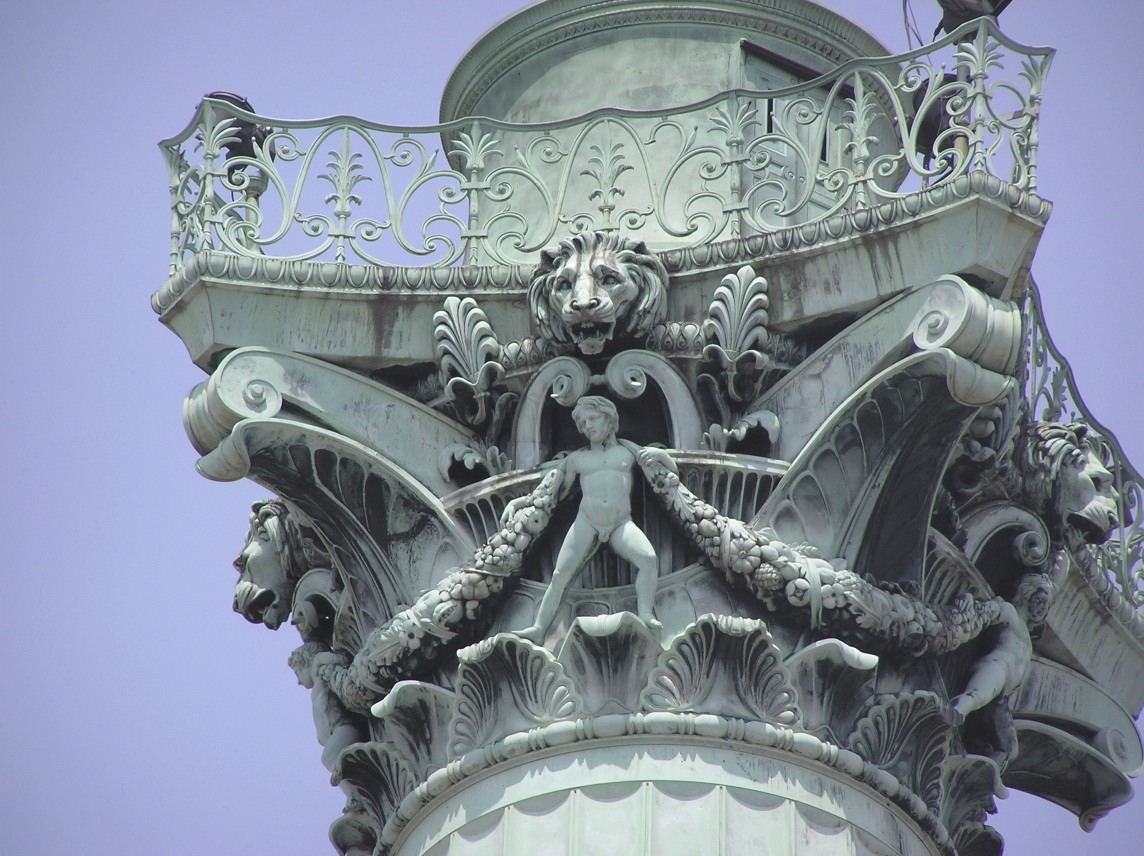
When I was authoritarian in my deepest relationship, I was trying to control the way time was spent. I wasn’t violent – I believe fascists and authoritarians rarely get by on violence alone in this society. I’ve been fascist in my speech and conversation with my friends, and I’m still learning how to live without defining terms by colonial and self-validating measures. There are truths I tell myself almost every time I feel confronted or wrong about my preconceptions, that are based on those preconceptions. In my experience the most painful moments are when I’m holding on to my preconceptions, my ego, and I start telling others what those preconceptions are, in effect trying to make them believe what I am holding on to. I am not in a position of power and am not in an environment where fascism is validated or where rules are made up arbitrarily. But say I did have power. Suppose I was the dictator of a country or in control of a massive corporation – would not my position by nature have undeniable access to force and violence as an option?
The position of the individual in a situation is the position they have. Without action, the position won’t change. So, circumstances are irrelevant in understanding to the dynamic of forceful action and authoritarian institutions. If an individual in a position without any access to force or violence tries to succeed against the will of another, the one without access might be foolish or even be attempting to be a dictator, but the reality is they are not being fascist or authoritarian. If an individual with power chooses to use it against the will of a ‘weaker’ party, that is fascist. Authoritarianism is distinct from fascism in a few ways, the relevant one being the occurring concept of Authority to validate the fascist abuse. The difference between fascism and authoritarianism is that fascism is a choice, while authoritarianism is a good excuse.
AUTHORITARIANISM PRESUMPTION DENIES TRUST
Classic examples of authoritarian governments and societies are ALL about the culture of the state or the institution. Or the Leader. Each soldier and loyal citizen have a powerful culture of organization and validation that enables the violence and the force that the institutions cause. Without the uniform or the authority of the culture, most instances of rape, murder, theft, displacement, abuse, and slander are neither accepted nor serve a valuable purpose. The implicit rewards of a system with institutional authority creates safe havens for entire classes of people. Indeed, the implicit rewards of institutional authority might be the root and source of classes of people. In American democracy we have different definitions and classes, referenced by degrees every day by popular media – “the poor, the middle class, the tech giants, the swamp.” There are more, but these classes are each predicated on a reality and a society where there is disagreement, disharmony, and specific grievances regardless of explanations.







